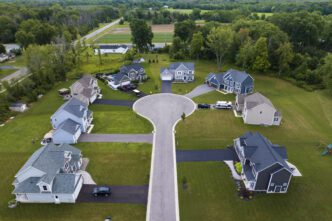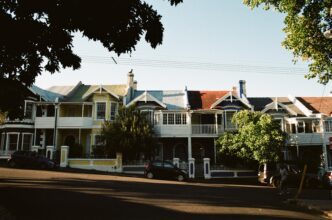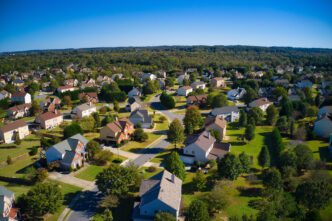Rising insurance costs and stringent post-2021 regulations have significantly impacted Florida’s once-affordable condominium market, posing financial challenges for many seniors seeking retirement in the state.
For many years, seniors on a fixed budget considered Florida a haven for affordable living, often choosing condos as their primary residences. However, insurance rates have soared, and new regulations require condo associations to allocate more funds for repairs and maintenance. These factors have driven up the cost of living, reshaping the real estate landscape in areas previously deemed as retirement havens.
Meanwhile, insurer lawsuits in Florida have decreased in 2024 due to reforms introduced two years earlier. While insurance companies argue these reforms have stabilized or reduced policyholder rates, consumer advocates claim the changes have left policyholders with limited options for challenging insurer decisions.
The state’s real estate dynamics are further complicated by a significant decline in international buyers. Sales of Florida residential properties to international purchasers fell by 44% from August 2023 to July 2024. High property prices and rising interest rates have made the market less attractive to these buyers, while local and out-of-state buyers present stiff competition.
Moreover, housing markets in cities like Miami, Jacksonville, Orlando, and Tampa have experienced notable price declines over the past year. Miami stands out with a 12.4% drop in home prices, showcasing a trend of decreasing real estate values across several metropolitan areas.
Additionally, a recent vote in Florida resulted in an amendment to homestead tax exemptions. Starting in 2025, one of the two existing homestead tax exemptions will adjust based on inflation, potentially providing financial relief to homeowners as inflation rises.
Interestingly, the fastest-selling housing market in Jacksonville shows homes lasting an average of 68 days on the market, reflecting a minor change from the previous year. This indicates a relatively stable market despite broader economic challenges.
Central Florida’s housing market is finding equilibrium as interest rates begin to cool, with areas like Windermere and surrounding Lake suburbs becoming increasingly popular among homebuyers.
As many Floridians deal with the aftermath of recent hurricanes, the state’s largest insurance company has reduced its total policies by nearly 200,000. While this typically results in higher premiums for those affected, some residents do not perceive this as entirely negative.
In another development, JEA plans to place its former downtown Jacksonville headquarters on the market early next year, marking a significant shift in the city’s commercial landscape.
Florida’s condo market is undergoing significant changes, driven by rising costs and regulatory requirements. While these challenges create hurdles for retirees and homeowners, ongoing adjustments in tax policies and market dynamics offer potential avenues for relief. Navigating this evolving landscape requires careful consideration of factors like insurance changes, market trends, and legislative developments.
Source: FloridaTrend








